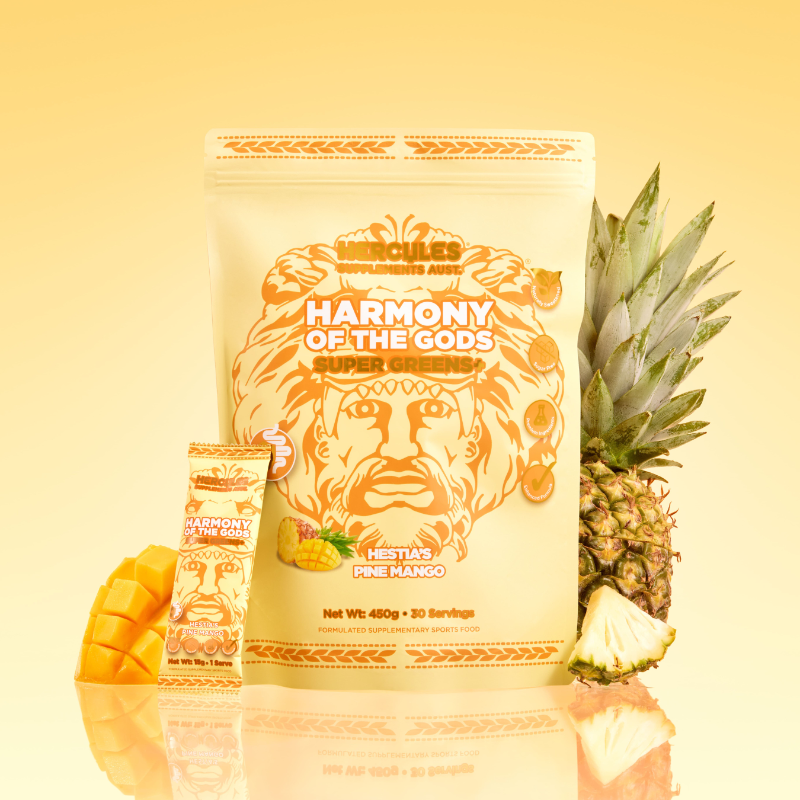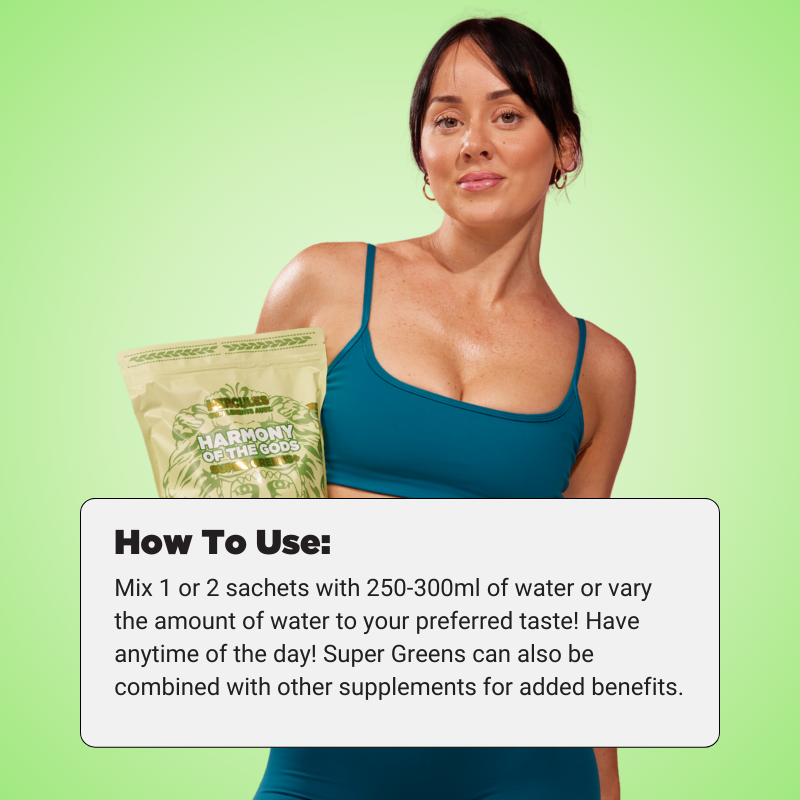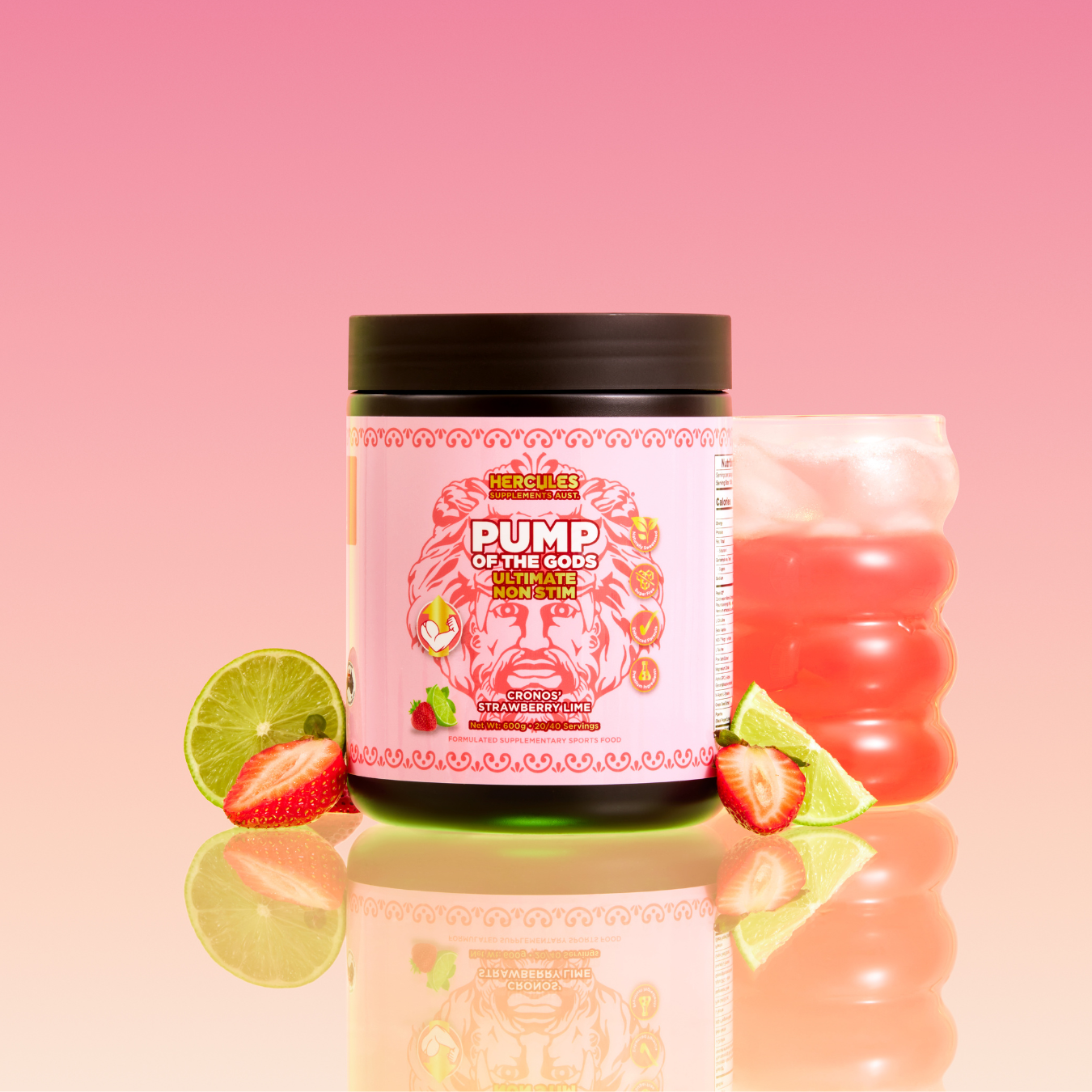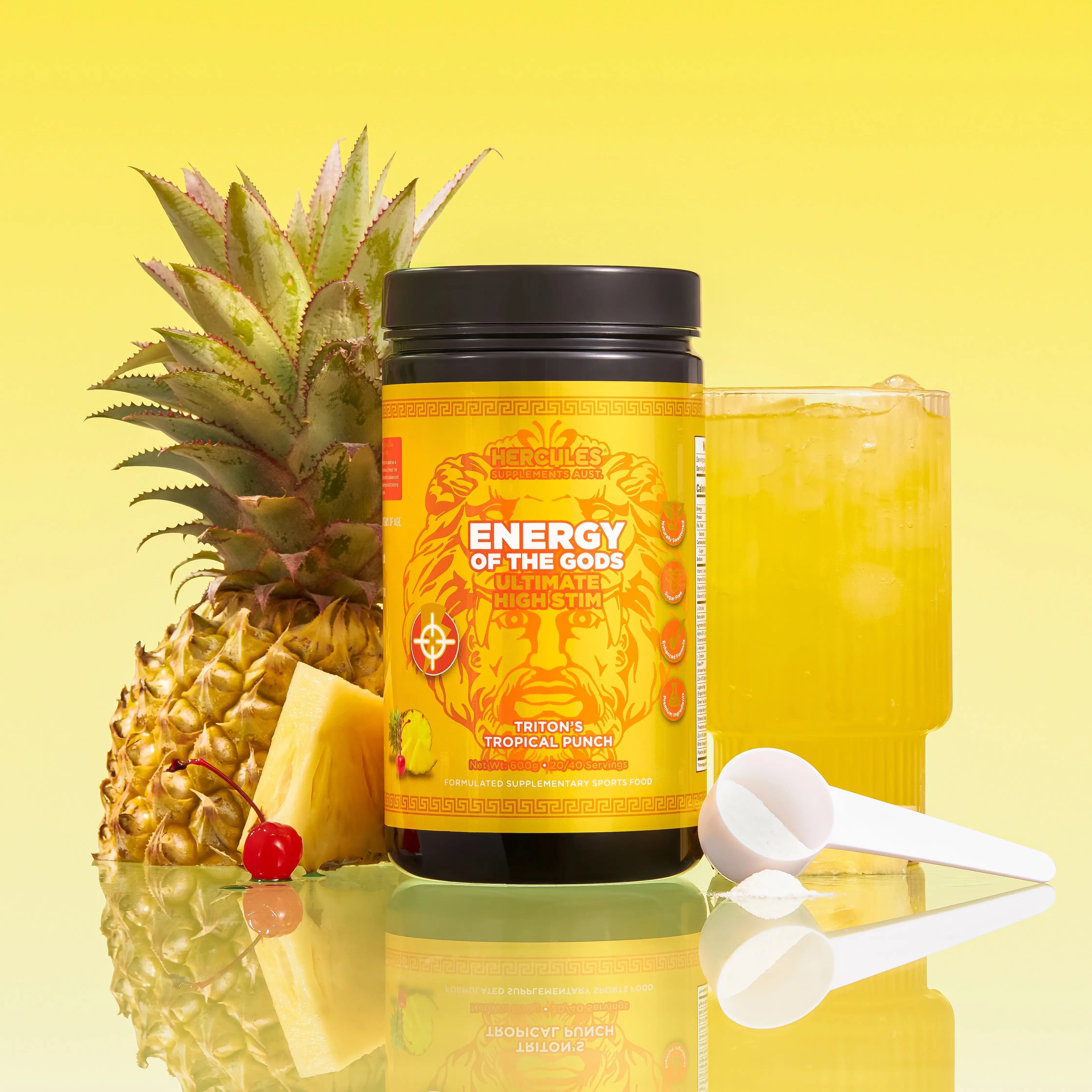What is Quercetin?
Quercetin is a natural flavonoid found in a variety of fruits, vegetables, and herbs, known for its antioxidant and anti-inflammatory properties. It is widely recognised for its potential role in immune support, cardiovascular health, and cellular defence against oxidative stress. Due to its broad range of biological activities, quercetin is commonly included in antioxidant, immune, and metabolic health supplements.
How Quercetin Works in the Body
Quercetin acts as a powerful antioxidant, helping to neutralise free radicals and reduce oxidative stress in the body. It has been studied for its role in supporting immune function, promoting circulatory health, and modulating inflammatory responses. Quercetin may also play a role in histamine regulation, which is why it is often included in allergy and respiratory health formulations. Additionally, its bioactive properties may support cardiovascular function and metabolic balance by promoting healthy blood flow and glucose metabolism.
Where is Quercetin Found?
Quercetin is naturally present in apples, onions, berries, citrus fruits, green tea, and leafy greens, though dietary intake varies depending on food sources and preparation. As a supplement, it is available in capsule, powder, and tablet form, often included in immune support, cardiovascular, and antioxidant formulations. Some formulations combine quercetin with bromelain, vitamin C, or resveratrol to enhance its bioavailability and synergistic effects.
Potential Effects of Supplementation
Many individuals take quercetin to support immune function, manage seasonal allergies, and promote cardiovascular health. It is frequently included in immune-boosting supplements due to its potential role in histamine regulation and inflammation balance. Some people use quercetin to support circulation and oxidative stress reduction, while others incorporate it into sports performance and recovery routines for its role in cellular resilience and endurance support. As with any supplement, individual responses may vary depending on dosage, diet, and overall health.
Final Thoughts
Quercetin is a flavonoid-rich antioxidant known for its immune-supporting, anti-inflammatory, and cardiovascular benefits. Its role in histamine modulation, cellular protection, and circulatory support makes it a valuable ingredient in wellness and functional nutrition supplements. As with any supplement, individual experiences may vary, and those considering its use should assess how it fits within their health and dietary goals. Whether taken alone or as part of a comprehensive immune or antioxidant support blend, quercetin remains a widely researched and highly regarded natural compound.


















